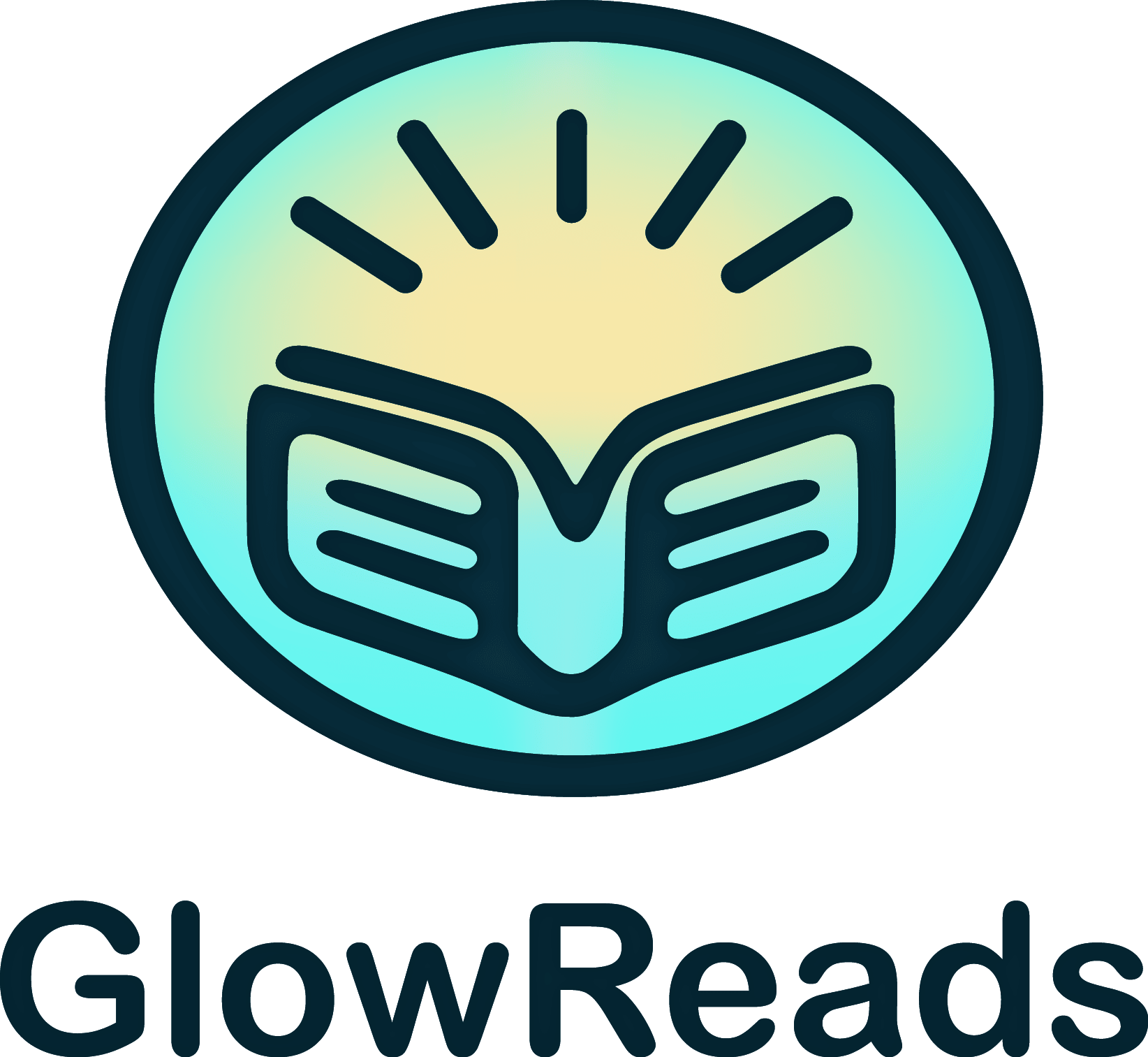Introduction: Dystopian fiction is a genre that explores speculative futures characterized by oppressive regimes, societal collapse, and dehumanizing systems. These novels often present bleak and unsettling visions of the future, serving as cautionary tales about the potential consequences of current social and political trends. Dystopian fiction provides both entertainment and thought-provoking insights, challenging readers to reflect on the nature of power, freedom, and resistance. By engaging with dystopian fiction, readers can gain a deeper understanding of the complexities of societal dynamics and the importance of individual and collective action in the face of adversity.
Key Characteristics of Dystopian Fiction: Dystopian fiction is characterized by its focus on speculative futures marked by oppression, inequality, and environmental degradation. These novels typically feature authoritarian regimes, surveillance states, and societal breakdowns, creating a sense of urgency and tension. Dystopian fiction often employs narrative techniques such as world-building, social commentary, and multi-layered plots to create a rich and immersive reading experience. The genre explores themes such as power, control, resistance, and the human spirit’s resilience, offering both entertainment and philosophical reflections on the human condition. Dystopian fiction serves as a powerful tool for social critique, encouraging readers to consider the implications of various political and social dynamics.
Iconic Dystopian Fiction Books: Several dystopian fiction novels have gained acclaim for their compelling narratives and thought-provoking explorations of speculative futures. “1984” by George Orwell is a seminal work of dystopian fiction that critiques totalitarianism and surveillance. Set in a bleak, oppressive future where the Party, led by Big Brother, exercises total control over all aspects of life, “1984” explores themes of freedom, individuality, and the power of language. Orwell’s chilling depiction of a world stripped of truth and autonomy serves as a powerful warning against the dangers of authoritarianism. “Brave New World” by Aldous Huxley is a dystopian novel that explores a future society characterized by technological advancement, social engineering, and the suppression of individuality. The novel’s exploration of themes such as conformity, consumerism, and the loss of personal freedom has made it a timeless classic. “The Handmaid’s Tale” by Margaret Atwood is a dystopian novel set in the near-future Republic of Gilead, a theocratic society that subjugates women and controls their reproductive rights. The novel’s exploration of themes such as gender, power, and resistance has earned it critical acclaim and a dedicated following.
Prominent Dystopian Fiction Authors: Several authors have made significant contributions to the genre of dystopian fiction, creating works that have captivated readers and left a lasting impact on the literary world. George Orwell is celebrated for his thought-provoking and chilling depictions of totalitarian regimes in novels such as “1984” and “Animal Farm.” Orwell’s works continue to resonate with readers, reflecting the enduring relevance of his social and political critiques. Aldous Huxley is known for his visionary and unsettling depictions of future societies in novels such as “Brave New World” and “Island.” Huxley’s exploration of themes such as conformity, consumerism, and technological control has earned him critical acclaim and a lasting place in the literary canon. Margaret Atwood is celebrated for her powerful and genre-blending works, including “The Handmaid’s Tale” and “Oryx and Crake.” Atwood’s unique blend of dystopian fiction and social commentary has earned her critical acclaim and a dedicated following.
Engaging with Dystopian Fiction: Engaging with dystopian fiction can be both intellectually stimulating and enlightening, offering readers a chance to explore speculative futures and societal dynamics. Reflecting on the themes, world-building, and character development used in these novels can deepen one’s appreciation for the genre. Participating in book clubs or online literary communities can enhance the reading experience, providing opportunities for discussion and exchange of ideas. Reading reviews and recommendations from reputable sources can help guide readers in selecting dystopian fiction that aligns with their interests and preferences. By engaging with dystopian fiction, readers can gain insights into the complexities of societal dynamics and the importance of individual and collective action in the face of adversity.
Conclusion: Dystopian fiction offers readers a rich and immersive literary experience, characterized by speculative futures, oppressive regimes, and societal collapse. By engaging with this genre, readers can explore the complexities of societal dynamics and the importance of individual and collective action in the face of adversity. The diverse range of sub-genres and compelling narratives found in dystopian fiction provide a rich and varied literary landscape, offering readers both entertainment and intellectual enrichment. Dystopian fiction continues to captivate readers with its thought-provoking explorations of speculative futures, making it a valuable and enriching literary genre.
